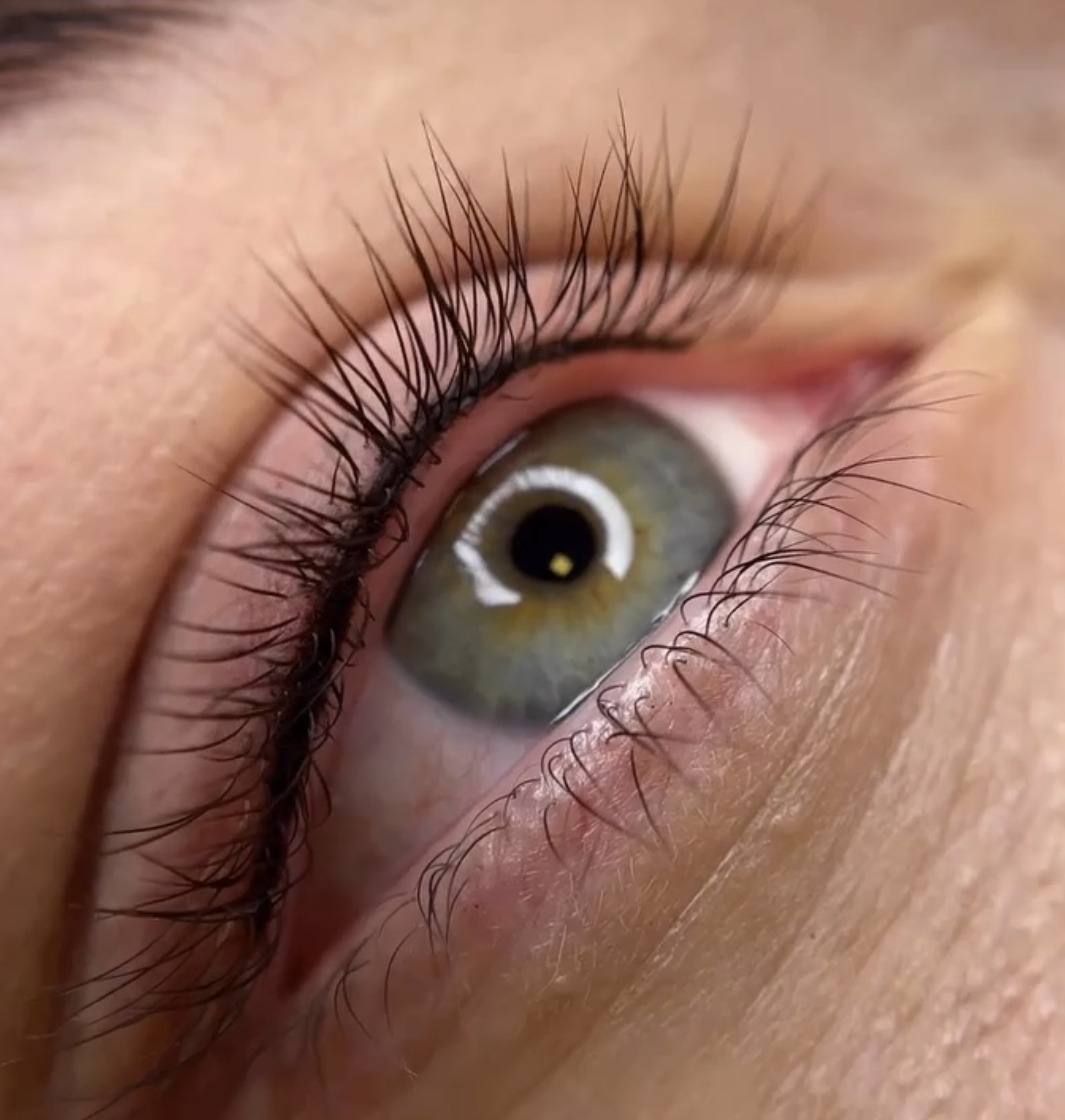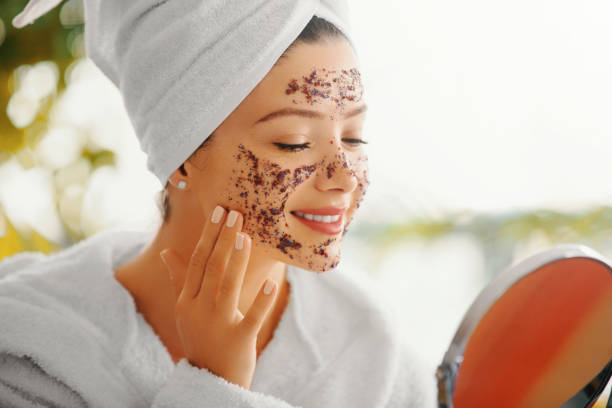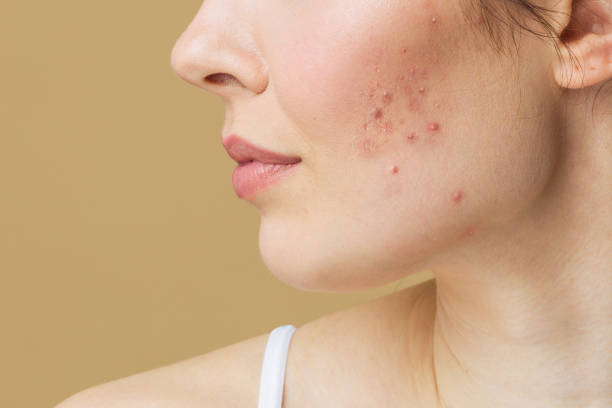The allure of perpetual youth remains as potent today as it was in ancient lore. The main topic we are exploring is anti-aging skincare, specifically the ingredients backed by rigorous scientific research that promise to slow down the ticking clock of aging. In a market saturated with boldly-marketed miracle products, it’s critical to discern which potions and lotions stand on solid ground—meaning those formulated based on scientific evidence to truly benefit the skin and combat aging signs. This article delves into the most compelling ingredients that science suggests can make a tangible difference in maintaining youthful skin.
The Intersection of Science and Skincare
The beauty industry has long been influenced by the discoveries of science, with dermatologists and skincare researchers working tirelessly to identify ingredients that genuinely affect the skin’s aging process. Cutting-edge technology allows for deeper understanding of how aging occurs at a cellular level, paving the way for targeted treatments. The synergy between scientific innovation and skincare formulation has borne fruit in the form of potent anti-aging components that are not just fads but have substantial evidence backing their efficacy and longevity in the market.

Revealing the Fountain of Youth: Key Ingredients That Science Stands Behind
Retinoids: The Gold Standard in Anti-Aging
Retinoids, derivatives of Vitamin A, have consistently set the benchmark for age-defying skincare. Their prominent role in promoting cell turnover helps to reveal fresher, smoother skin beneath the surface. Retinoids are notoriously known for their potency; they improve skin texture, reduce pigmentation, and stimulate collagen production. Regular use has been associated with diminished wrinkles and an overall more youthful complexion, making these vitamin A derivatives a staple in anti-aging regimens.
Antioxidants: The Protectors of Skin Vitality
Antioxidants serve as the skin’s shield against the relentless assault of free radicals—unstable molecules that damage skin cells and accelerate aging. They mitigate oxidative stress, a culprit in the degradation of skin’s vitality over time. Leading the pack are Vitamins C and E, two antioxidants revered for their skin-protecting properties. Vitamin C is celebrated not only for neutralizing free radicals but also boosting collagen synthesis, while Vitamin E supports the skin’s natural defensive barrier and complements Vitamin C’s effects.
Peptides: Building Blocks for Skin Regeneration
Peptides, small chains of amino acids, function as messengers in the skin, signaling cells to ramp up their collagen production—an element critical for maintaining firm, plump skin. Various peptides have specific roles, from bolstering skin’s resilience to diminishing the depth of wrinkles. Their cumulative effect is a notable restoration of skin’s youthful firmness and a reduction in the appearance of age-related imperfections.
Hyaluronic Acid: The Ultimate Hydrator
In the quest for youthful skin, maintaining hydration is crucial. Hyaluronic acid stands out in this arena due to its remarkable ability to retain moisture—a single gram can hold up to six liters of water. This natural component of skin tissue pulls and locks moisture into the skin, providing instant hydration and enhancing skin’s plumpness and smoothness, essential factors in the appearance of youthful skin.
Sunscreen Ingredients: The First Line of Defense Against Aging
The role of sunscreen in any anti-aging strategy cannot be overstated. Broad-spectrum sunscreen protects from UVA and UVB rays, the solar culprits of premature aging. By warding off these rays, quality sunscreens with proven UV filters like zinc oxide for physical protection and avobenzone for chemical shield, significantly decelerate the aging process—and help prevent the risk of skin cancer.
The Ideal Anti-Aging Skincare Routine
An effective anti-aging regimen combines various ingredients, each with specific roles in skin rejuvenation. The following numbered list presents a concise daily routine incorporating these elements:
- Cleanse with a gentle, hydrating cleanser to prepare the skin for treatment.
- Apply a Vitamin C serum in the morning to protect the skin throughout the day.
- Use a moisturizer with peptides and hydraulic acid to lock in hydration and stimulate collagen production.
- Finish with a broad-spectrum sunscreen to prevent sun damage.
- In the evening, apply a retinoid-based product to support skin cell renewal overnight.
- Consider incorporating niche ingredients like niacinamide or AHAs as recommended by a skincare professional.

Informed Choices: Understanding Concentration and Formulation
The potency and the effect of anti-aging ingredients are heavily reliant on their concentration and the formulation in which they’re delivered. Here’s a simple table to guide you through the recommended concentration ranges for some key anti-aging ingredients.
| Ingredient | Recommended Concentration |
|---|---|
| Retinoids | 0.025% – 1% |
| Vitamin C | 10% – 20% |
| Peptides | Varies by product; generally, higher up on the ingredient list indicates a stronger presence |
| Alpha Hydroxy Acids (AHAs) | 5% – 10% for daily use; up to 20% for less frequent applications |
Conclusion
In conclusion, when selecting skincare products, prioritizing those with scientifically-proven anti-aging ingredients is crucial. Such ingredients have been rigorously tested and shown to have a positive impact on the skin’s appearance. As scientific research advances, the list of effective ingredients continues to grow, offering more ways to combat aging signs. By choosing the right ingredients and formulations, you can create a potent anti-aging skincare routine that preserves your skin’s youthful radiance.
FAQs
Q1: Can anti-aging ingredients reverse skin aging?
A1: While anti-aging ingredients can significantly reduce the appearance of aging, they cannot completely reverse the natural aging process. They can help minimize visible signs like wrinkles and age spots and improve skin’s overall texture and firmness.
Q2: At what age should I start using anti-aging products?
A2: It’s generally recommended to start incorporating anti-aging products in your late 20s or early 30s, but it’s beneficial at any age to begin taking care of your skin with appropriate products.
Q3: How long does it take to see results from using anti-aging ingredients?
A3: Results vary but typically, you may begin seeing improvements in your skin within several weeks to months of consistent use, depending on the ingredient and your skin type.
Q4: Can I use all these anti-aging ingredients together?
A4: While some ingredients can be combined for enhanced effects, others may not be compatible. It’s best to consult a professional for advice on creating a personalized skincare regimen.
Q5: Are there any side effects to using anti-aging ingredients?
A5: Some ingredients, like retinoids and AHAs, can cause initial skin irritation or sensitivity. It’s important to introduce new ingredients gradually and adhere to recommended usage to minimize potential side effects.




